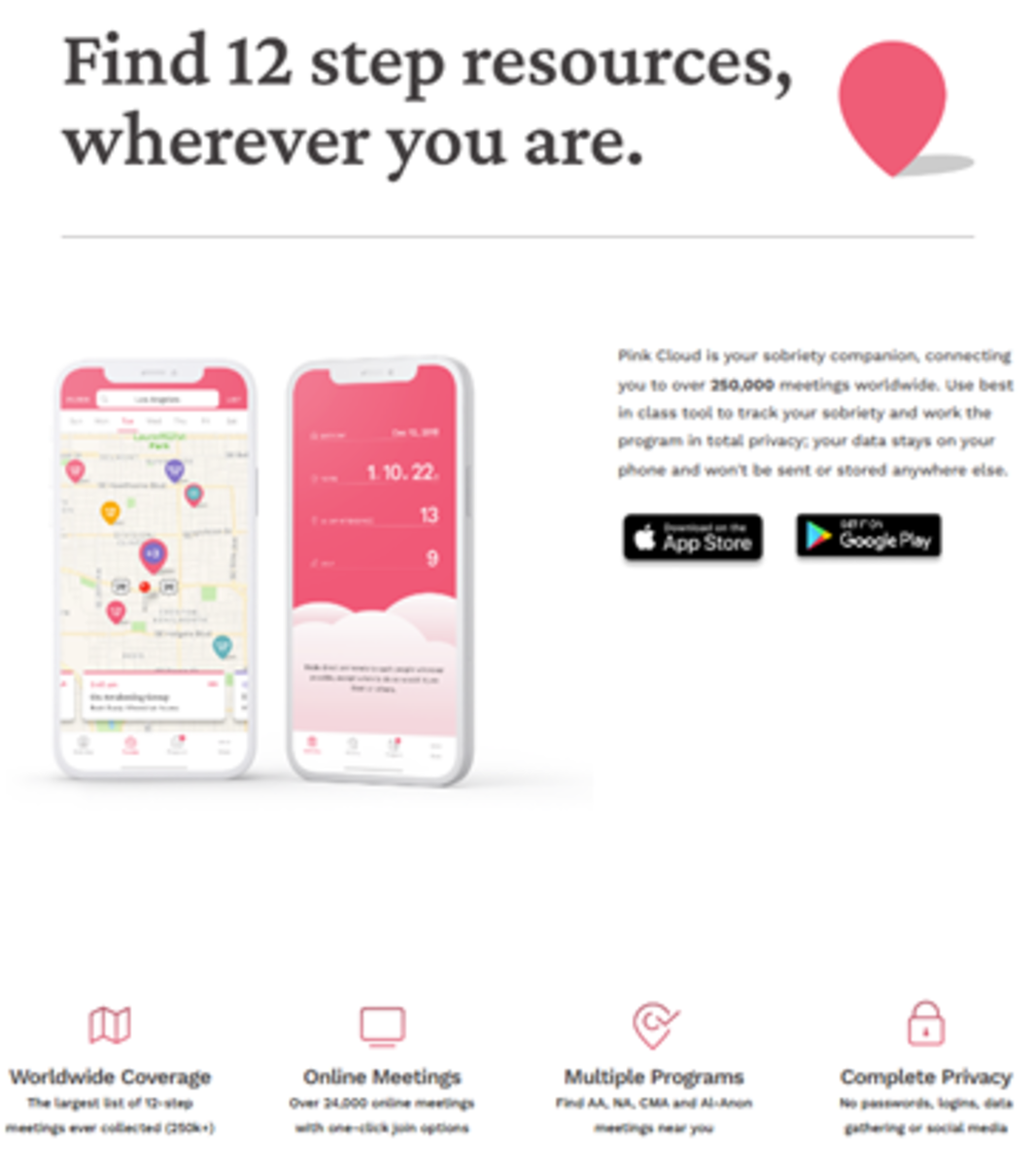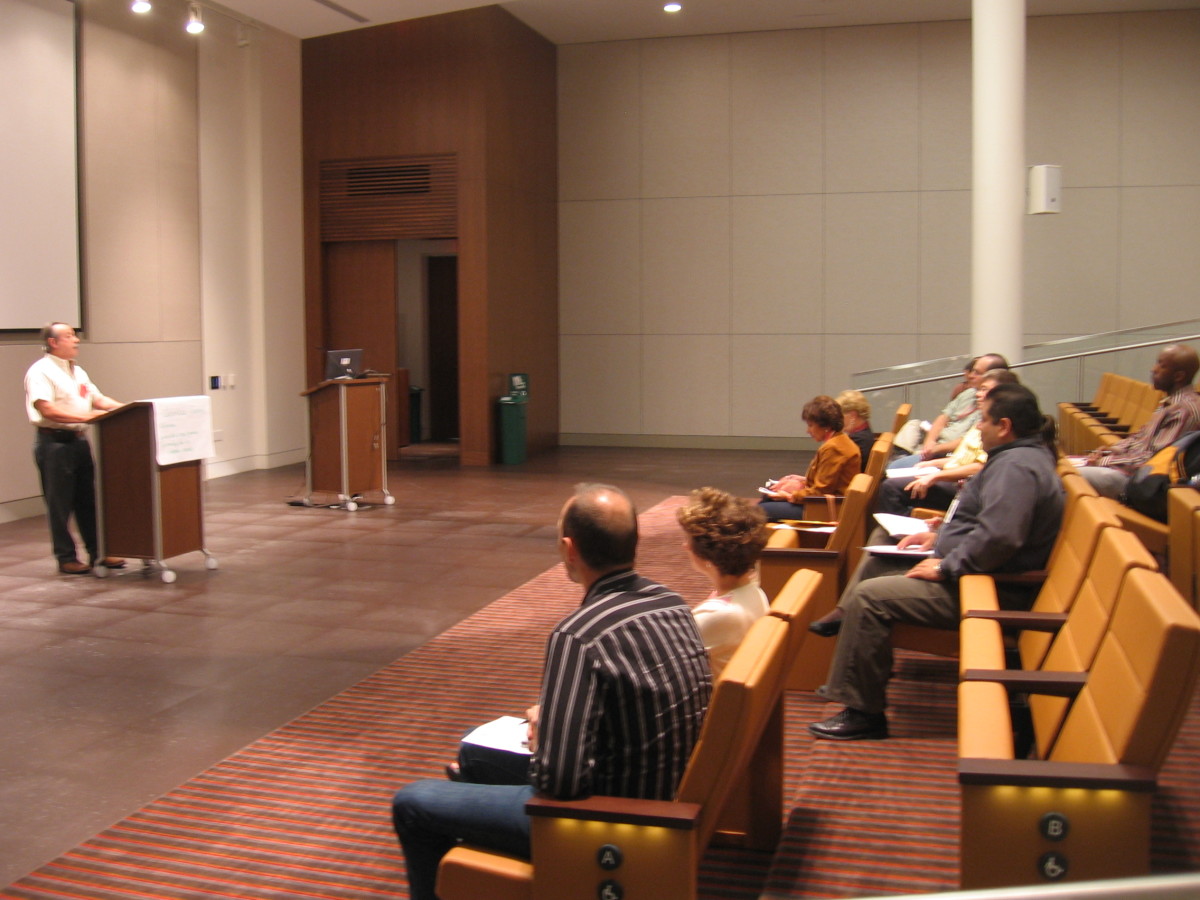Preparing for a Business Meeting

Introduction
How to prepare for a
Introduction
It is estimated that Managers spend up to 75% of time in meetings of one kind or another. This could possibly mean that meetings are one of the most effective forms of communication.
Do you agree? A lot of individuals feel that meetings are just a waste of time and that too many are held and that they go on for too long. What do you think? You may have attended meetings that are not organised and nothing comes out of the meeting for you. Ask yourself what were the reasons for lack of interest in the meeting?
Why have meeting at all? Well when the meeting is organised and carried out efficiently it can be successful in contributing to communication within an organisation or business. It is also a very good way to make decisions.
Functions and types of meeting
Meetings could be held for any manner of reason such as:-
- for consultation or to exchange views and discuss matters of interest
- negotiation such as wages and working conditions
- informal meetings for new work practices or to update on developments of old practices
- solving problems by getting together and discussing
- planning and monitors progress within a business
- making recommendations
Types of meetings
Meetings range between two or three people to formal statutory meetings governed by rules and procedures such as you would in a Company's Memorandum and Articles of Association. Although informal meetings are held more often than formal meetings, there are no set procedures for running them and therefore become harder to control and plan for a successful meeting.
Organising and Documenting meetings
Organising for formal meetings
Companies by law are to hold certain meetings on a regular basis. Meeting are governed by set procedures laid dowen in a constitutional document, viz.
Companies: The Memorandum and Articles of Association contain rules regarding meetings of shareholders, voting rights and proxies.
Local Authorities: Acts of Parliament and standing orders govern meetings of various committees.
Documenting meetings
Notice has to be given before a formal meeting can be held and enough time must have been given. The notice could either be by way of a memorandum or a personal letter from the secretary of the meeting. An agenda as a supporting document is also quite usual when carrying out a successful meeting.
Agenda and Minutes for a successful meeting
The agenda is a list of the subjects that you wish to discuss at your meeting and is listed in the order you wish to discuss them. It is sent to members at least seven days before to allow them the opportunity to think about the issues in detail.
The secretary generally prepares the agenda with discussion with the Chairperson, and issues raised at previous meetings are also taken into consideration. Members attending the meeting are also invited to submit any issues they may have to be added to the agenda.
Minutes for the meeting
Minutes are a record of what has happened at the meeting and are kept, they should be clear and to the point and written up as soon as possible after the meeting has taken place.
Types of minues could include resolutions or narrative minutes or action minutes.
The advantages could include concealing arguments and conflict, being concise, encouraging responsibility, ensuring follow up action is carried out and delegation of work is noted.
Whatever format you choose is is necessary for the secretary to summarise the points as a verbatim record will not be required.
The wording of resolutions must be exactly in the form in which they wer passed and proposers and seconders noted.
Before typing the minutes the secretary should agree the draft with the chairperson.
The chairperson when at the meeting will ask the secretary to read the minutes of the last meeting and then they will be taken as read if agreed by the members of the meeting. Any errors must be altered before the minutes are signed as correct by the chairperson because once signed they can not be altered.
Tips for taking notes at meetings
Informal meetings
You only need to take brief notes, noting suggestions and any actions needed. After the meeting, memos are sent to the all concerned reminding them of what is required from them.
Formal meetings
- Check layout and style required by looking at old minutes or discussing with the chairperson
- Write date, time and venue of the meeting
- List the names of people attending the meeting
- List who are absent and the reasons why and any apologies received by individuals
- For each item note down the following:-
Before the meeting
Heading and reference number
Brief summary of points of discussion
Details of decisions made
For and Against voting
Actions required by who and when
During the meeting
Take more in than you write down
Ask if you do not understand and ask individuals to repeat anything which you have not been able to record
Record facts not opinions
Note date and time and place of next meeting
Draft the minutes straight away so all is fresh in your mind
After the meeting
Submit the draft to the chairperson for checking and approval
Check the layout and spelling
Check minutes have been typed in correct format
File in sequence
© 2012 Trudy Cooper








